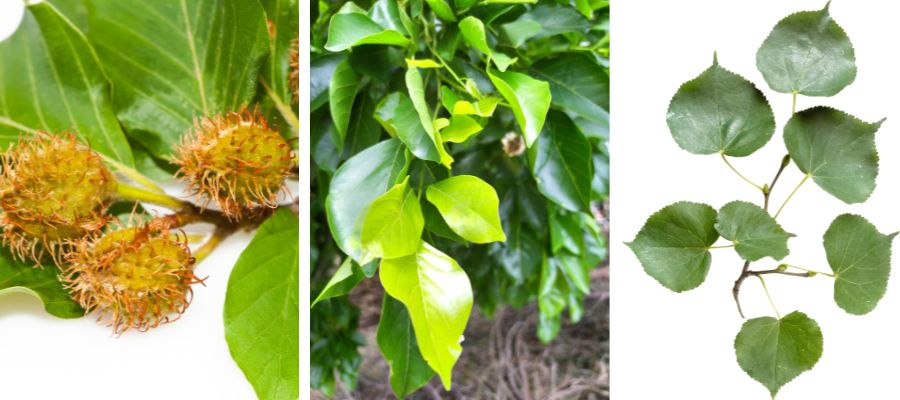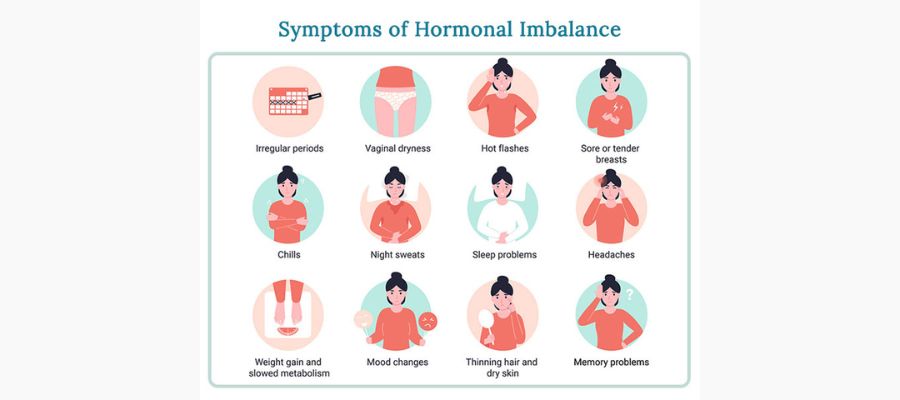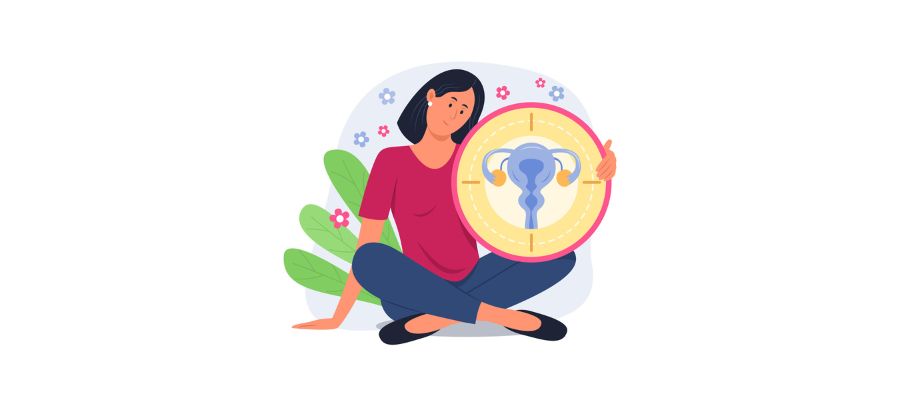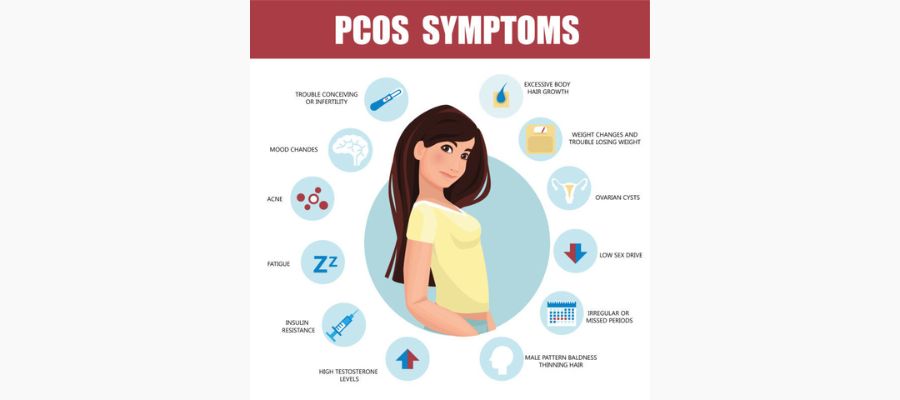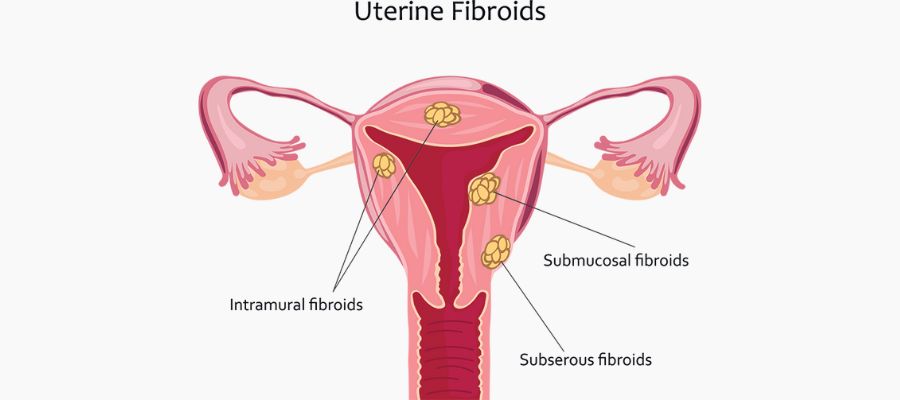
The Connection Between PCOS and Insulin Resistance: A Look at Prevalence and Ayurvedic Remedies
Polycystic Ovary Syndrome (PCOS) is a common hormonal disorder affecting millions of women worldwide. It is characterized by multiple cysts on the ovaries and symptoms such as irregular periods, weight gain, and acne. While the exact cause of PCOS is still unknown, researchers have found a strong link between PCOS and insulin resistance.
Insulin resistance occurs when the body's cells become less responsive to insulin, the hormone responsible for regulating blood sugar levels. This can lead to high blood sugar levels, which can cause the ovaries to produce more androgens (male hormones) than usual. This hormonal imbalance is what leads to the symptoms of PCOS.
Research shows that up to 70% of women with PCOS have insulin resistance and that this can lead to an increased risk of type 2 diabetes and other health problems. However, there is hope for managing PCOS and insulin resistance through lifestyle changes and natural remedies, including those found in Ayurvedic medicine.
Ayurveda is an ancient system of medicine that originated in India thousands of years ago. It focuses on using natural remedies and lifestyle changes to promote health and balance in the body. According to Ayurveda, PCOS is caused by an imbalance in the body's three doshas: Vata, Pitta, and Kapha.
To balance these doshas and manage PCOS, Ayurvedic practitioners recommend a combination of dietary changes, herbal remedies, and lifestyle modifications. Some of the most commonly suggested remedies for PCOS include:
1. Cinnamon - Cinnamon is a spice that has been shown to improve insulin sensitivity and lower blood sugar levels. It can be added to food or taken as a supplement.
2. Fenugreek - Fenugreek seeds are rich in fibre and have been shown to improve insulin sensitivity and lower cholesterol levels. They can be added to food or taken as a supplement.
3. Yoga - Yoga is a form of exercise that has been shown to reduce stress and improve insulin sensitivity. It can also help with weight management, which is important for managing PCOS.
4. Meditation - Meditation is a practice that can help reduce stress and improve overall well-being. It has been shown to improve insulin sensitivity and lower blood pressure.
While there is no cure for PCOS, managing insulin resistance through lifestyle changes and natural remedies can help improve symptoms and reduce the risk of other health problems. If you are struggling with PCOS, consider incorporating Ayurvedic remedies into your routine and consulting with a healthcare professional for personalized advice.


